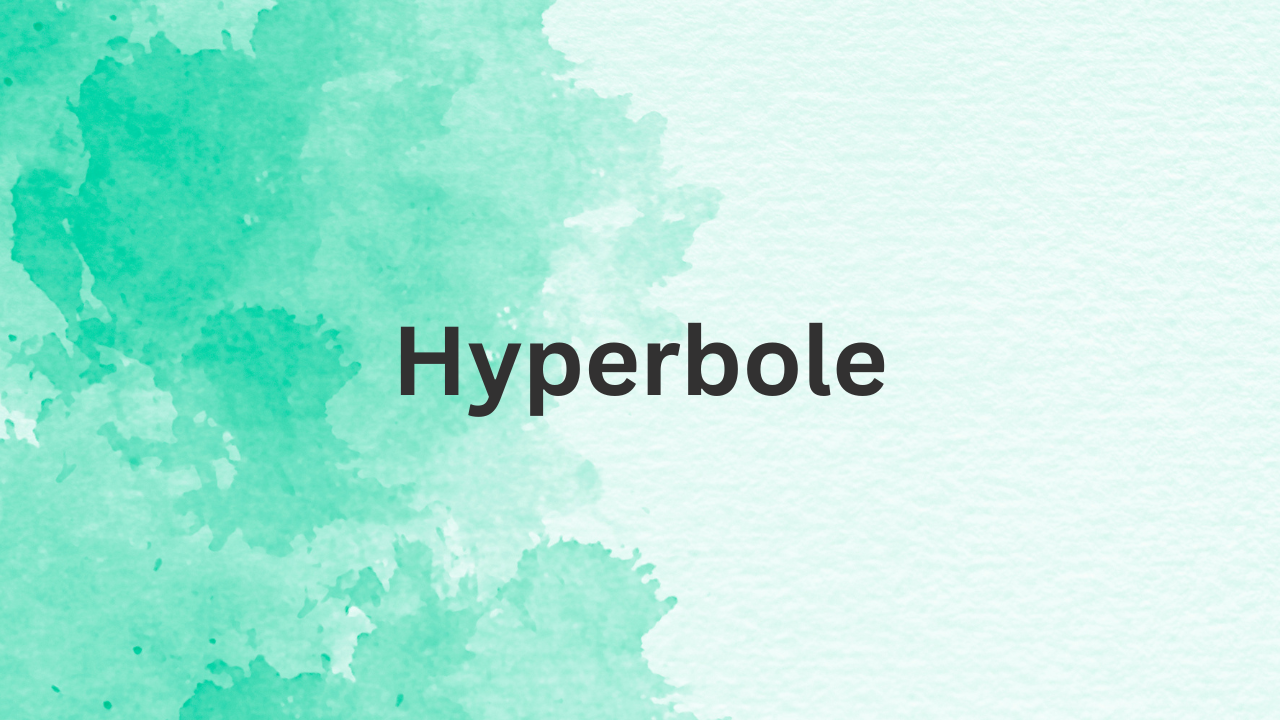Ever heard someone say, “I’m so hungry I could eat a horse”? Spoiler: they’re probably not planning to chow down on an actual horse. That’s hyperbole—a fancy word for ridiculous exaggeration used to make a point. In literature, hyperbole is the tool writers use to take things to the extreme, making descriptions more dramatic, humorous, or just plain larger-than-life.
So, What Is Hyperbole Exactly?
Hyperbole (pronounced “hi-PER-buh-lee,” for all you rhyme-lovers out there) is when an author exaggerates something so much that it’s clearly not meant to be taken literally. It’s like saying “I’ve told you a million times!” when you’ve only said it twice. The idea is to overstate something to make it more memorable, funny, or impactful.
Hyperbole in Action
Let’s look at a few literary examples of hyperbole:
- William Shakespeare used hyperbole all the time. In Macbeth, Macbeth says, “Will all great Neptune’s ocean wash this blood clean from my hand?” Spoiler alert: he doesn’t actually mean that he needs an entire ocean. It’s just a super dramatic way of saying he feels really guilty.
- Mark Twain was a master of humorous hyperbole. In The Adventures of Tom Sawyer, Twain describes a slow Sunday morning as lasting “a thousand years.” Now, we’ve all been there—waiting forever—but Twain uses hyperbole to capture that universal feeling of time dragging on.
Hyperbole is like that friend who always exaggerates just a little too much. But in literature, it’s all part of the charm, making ideas larger than life for dramatic or comedic effect. So, next time you hear someone say they’re “dying of boredom,” just smile and think, “Ah, a classic case of hyperbole.”
